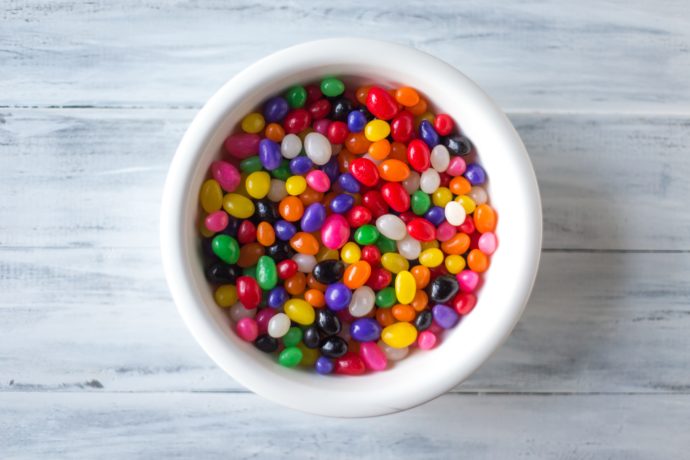While the FEHBlog has been discussing the progress of convalescent plasma to treat COVID-19, its time to turn to the Gilead drug remdesivir Fierce Pharma discusses today a recently released peer reviewed study that shows that the drug works well with patients suffering from moderate severity COVID-19.
The 1,063-patient study showed remdesivir’s benefits appear greatest for hospitalized patients in the middle of the disease-severity spectrum. For those who required oxygen supplementation but were not mechanically ventilated, remdesivir cut the time to recovery by 47% compared with placebo. But remdesivir didn’t much help patients with mild or moderate disease, and outcomes for patients on invasive ventilation or extracorporeal membrane oxygenation were nearly the same in both arms of the study.
According to the article, studies are continuing on the efficacy of the drug for patients with mild severity COVID-19.
The Wall Street Journal reports today that physicians are concerned over fact that anti-anxiety and anti-depression prescriptions have spiked during the great hunkering down. “Many physicians have a low threshold for prescribing them. It’s very problematic,” says Bruce J. Schwartz, deputy chair and professor of psychiatry and behavioral sciences at Montefiore Medical Center in New York. “Many people do develop a dependency on these medications.” The article offers alternate approaches, and FEHB plans now usually offer coaching services to help with the problems.
Speaking of healthcare coaching programs, CNBC reports that the great hunkering down has been good for companies that provide coaching or telehealth / digital health programs.
The Centers for Medicare and Medicaid Services announced that their 2021 pilot program to lower insulin costs for Medicare beneficiaries is bearing fruit.
Based on CMS’s estimates, beneficiaries who use insulin and join a plan participating in the model could see average out-of-pocket savings of $446, or 66 percent, for their insulins, funded in part by manufacturers paying an estimated additional $250 million of discounts over the five years of the model. With a robust voluntary response from Part D sponsors, CMS anticipates beneficiaries will have Part D plan options in all 50 states, the District of Columbia, and Puerto Rico, through either a standalone prescription drug plan (PDP) or a Medicare Advantage plan with prescription drug coverage. Beneficiaries will be able to enroll during Medicare open enrollment, which is from October 15, 2020 through December 7, 2020, for Part D coverage that begins on January 1, 2021.
Well done. Hopefully the Medicare approach will be translatable to employer sponsored coverage like the FEHBP.

